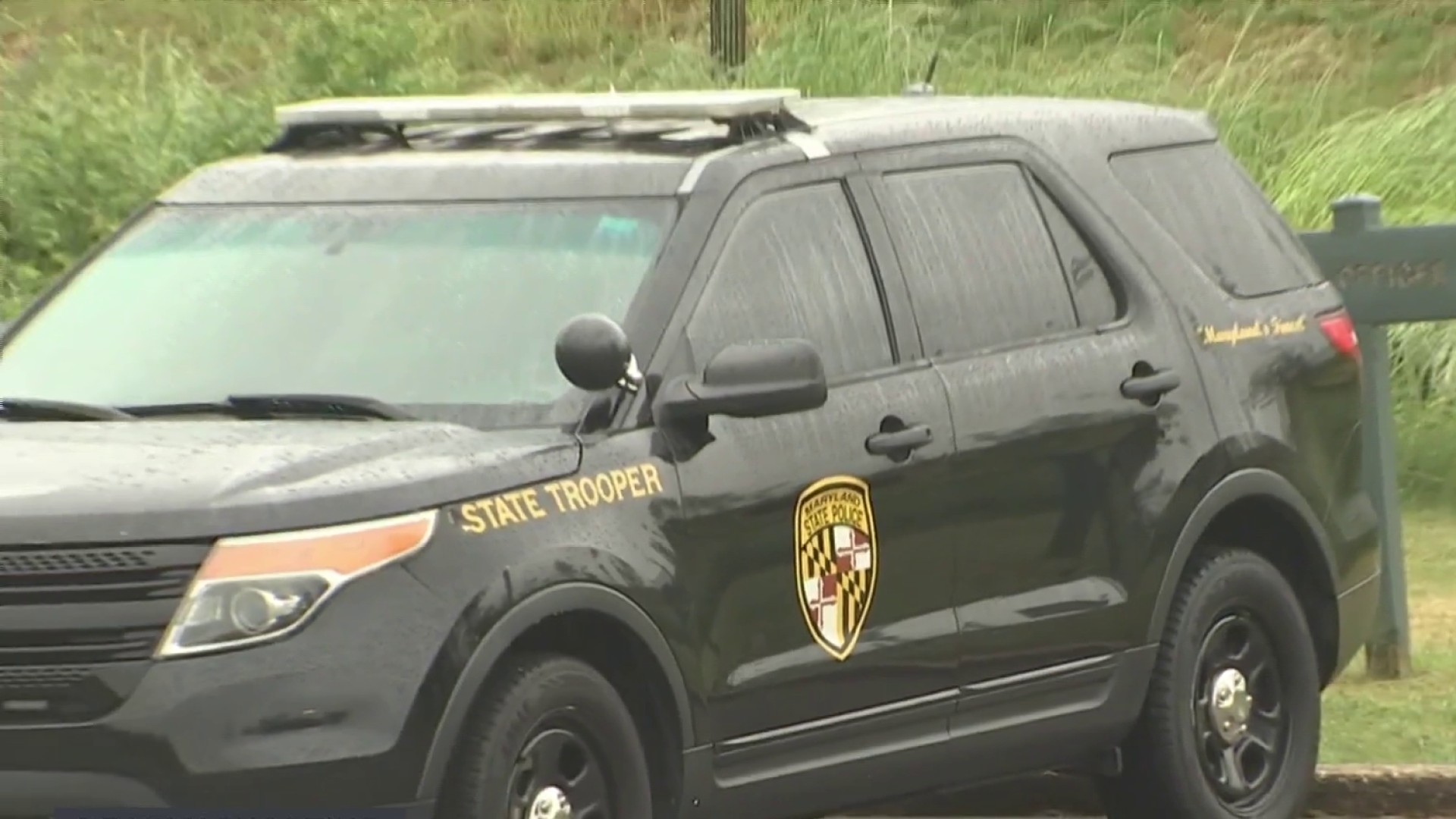Maryland Gov. Larry Hogan announced a pair of vetoes Thursday night, including a measure that would prevent juveniles charged as adults from being sentenced to life in prison without parole and a bill that would expand the state’s prevailing wage law on public works project contracts.
Hogan also announced a number of measures that will go into law without his signature, including bills to make it easier to vote early or by mail.
Measures approved by the General Assembly aimed at improving to the state's unemployment system also will go into law without Hogan's signature.
Both measures vetoed by Hogan were passed by the legislature with enough votes for the General Assembly to override the vetoes. Leaders of the legislature, which is controlled by Democrats, expressed confidence the vetoes will be overridden before lawmakers are scheduled to adjourn on Monday.
We're making it easier for you to find stories that matter with our new newsletter — The 4Front. Sign up here and get news that is important for you to your inbox.
While the Republican governor said he supports criminal justice reform, he said the bill he vetoed regarding the sentencing of juveniles pertains to “heinous” crimes such as first-degree murder.
“These are serious crimes that require the most serious of consequences, which is why a judge or jury sentences the individual to a lengthy determinate sentence, life imprisonment, or life imprisonment without parole," Hogan said.
The bill also would enable a court to impose a sentence less than the minimum term required under law, when sentencing a minor convicted as an adult.
Local
Washington, D.C., Maryland and Virginia local news, events and information
The other measure Hogan vetoed would expand the state's prevailing wage law to include a public work project contract with a value of $250,000 or more, instead of $500,000, or a public work project in which state funds constitute at least 25% of the construction costs instead of at least 50%. In government contracting, a prevailing wage is defined as the hourly wage normally paid to the majority of workers, laborers, and mechanics within a particular area.
Hogan said the bill would cause negative unintended consequences for employers and workers.
“Legislation such as this that arbitrarily inflates cost, impedes participation, and stifles competition — all at a higher price for taxpayers — absolutely is not in the best interest of our state," Hogan said.
Some of the measures that will become law without the governor's signature include legislation to increase the number of early voting centers, based on how many registered voters live in jurisdictions. Another measure allows a voter to request permanent absentee-ballot status and creates provisions governing the designation of ballot drop-box locations.
In his veto letter, Hogan wrote that mail-in voting in Maryland was successful in last year's election and should continue. However, he said the measure “creates a bureaucratic morass of mailings that will inevitably result in ballots being incorrectly mailed to ineligible voters.”
“While I appreciate provisions in the bill trying to scrub ineligible voters from the list and install security cameras at ballot drop boxes, I believe the legislation in its current form may create more problems than it solves,” Hogan wrote.



